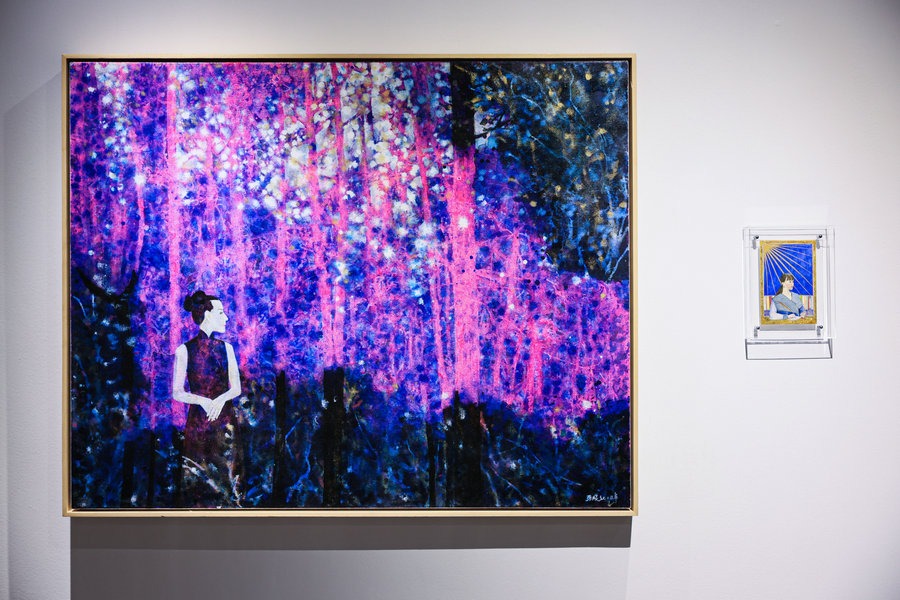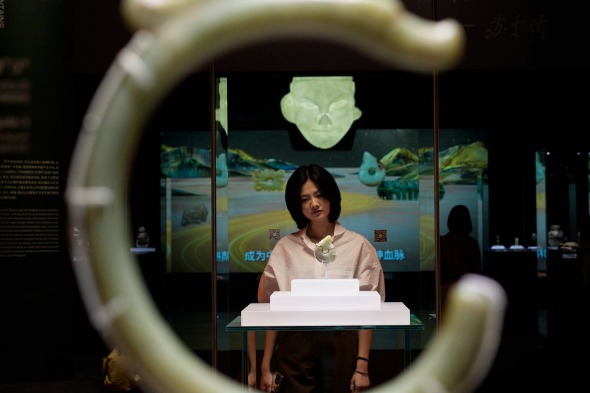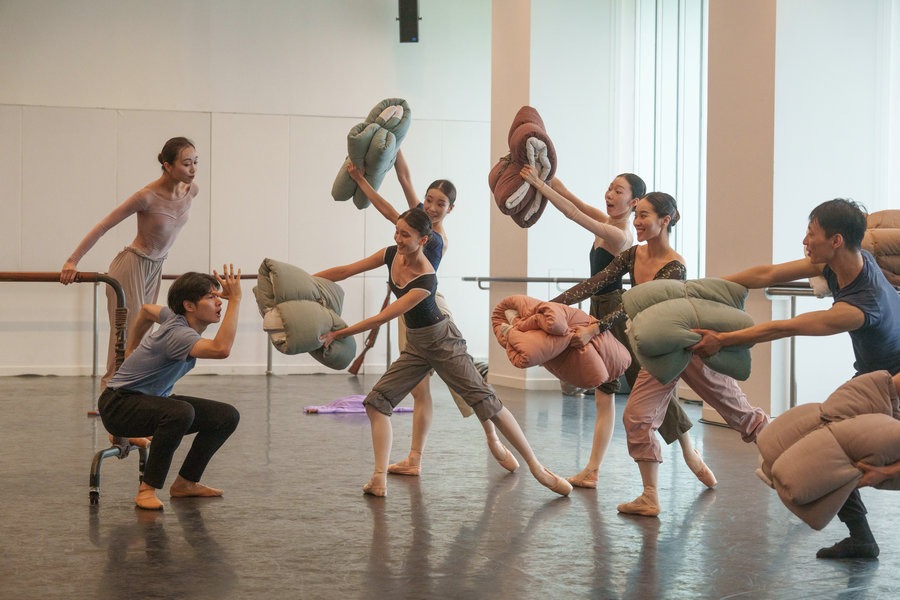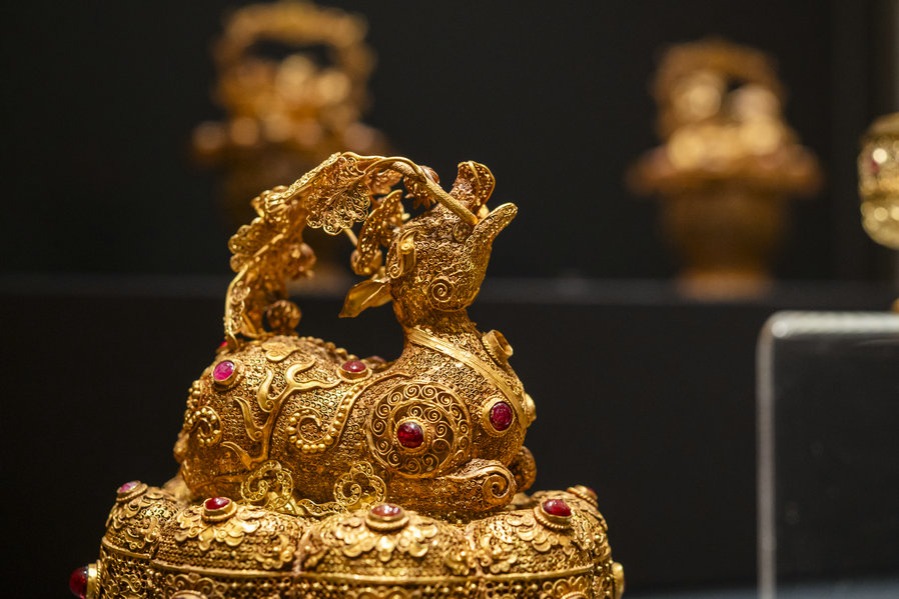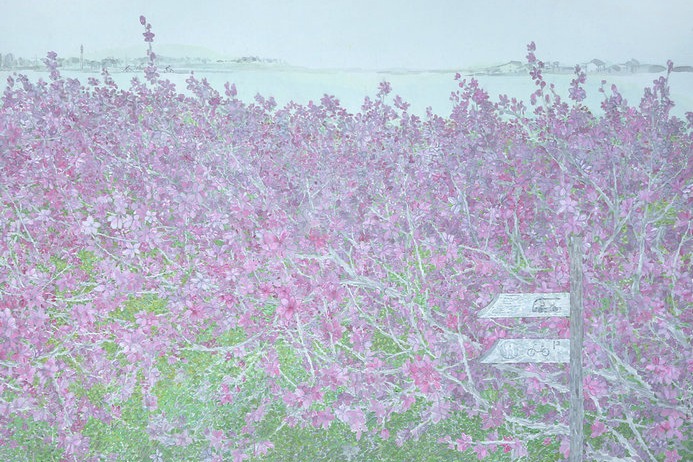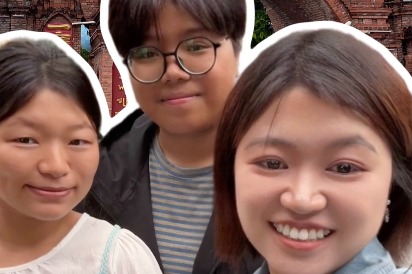Chinese rap musicians blend beats across borders
Young artists in US fuse hip-hop with Chinese culture, creating a unique sound that resonates with global audiences


As US hip-hop music combines with Chinese content and culture, the emerging form of Chinese rap is becoming popular in China and the United States.
Hip-hop, a highly popular music genre in the US, predominantly appeals to young people. As a primary mode of expression, rap music provides artists with a fresh avenue to express their thoughts and emotions.
Blending beats, melodies, lyrics and cultural elements, Chinese rap provides audiences with a fresh way not only to enjoy music but also to understand the different musical cultures in different countries and foster exchange between artists.
"I always include Chinese culture in my music, whether it be samples or the things I talk about, because I feel like I can truly represent overseas Chinese people, and I can also relate to people in China," Peter Chen, also known as Castle$, told China Daily.
Born and raised in Philadelphia, Castle$ began his rap journey in English at the age of 14. During the initial stages few Chinese Americans delved into rap in the US, he said.
"Hip-hop was always big (when I was) growing up."
He was one of few Asian children who rapped on the streets, even in English."You didn't see too many people like yourself. I was the only one going around with jeans and caps, and people used to say, 'Why do you dress like that'or 'Why do you dress like a black?' I was like, 'How do you dress a race?'
"I'm just dressing how I want to express myself. And that's how it is with the music, too."
Castle$ said what brought him into Chinese rap was a TV show, The Rap of China, which caught his attention in 2018. He then took part in a reality show in China.
The rap reality TV show first aired in 2017 and featured influential Chinese rappers as well as younger artists. After the show, Chinese rap music transitioned from the underground to the mainstream music scene, attracting more fans and audiences.
"Maybe three months prior to that show, I started to write Chinese lyrics,"Castle$ said. Even though he can speak Chinese very well, he cannot understand some "punchlines" in Chinese because he grew up in the US. However, given his background, he said that could be a start for him. He will travel to China soon to compete in the show's new season, he said.
"It kind of put me in a situation where I must speak Chinese and I must rap Chinese, which is cool. I get to a certain point in China because of what I can do, what I can deliver, whether it be my music or my understanding of the culture."
Understanding two languages and two cultures helped him create more meaningful songs that contained the strength of the music, he said. "I'm respected here. And I feel like I'm never going to lose the Chinese side of myself. And you can see that in my music."
In addition to rapping, Castle$ has a background in filmmaking and incorporates Chinese-style music from films into his songwriting. Sampling Chinese elements or musical instruments is a common method used by many hip-hop artists, including Chinese rappers such as MC Jin and China Mac, who have greatly inspired him.
The rise of Chinese hip-hop music in recent years reflects the pursuit of self-expression and cultural innovation among Asians in the US, especially young people, and it demonstrates the diversification and internationalization trends in music.
"Because it's not just music, you know, it's culture," Castle$ said, noting that his style and fluency in both languages can help attract more audiences worldwide.
"I feel like music always crosses borders. We are made in China, and we may be squeezed in and find a spot in the US music market."
Wu Jiaxuan, also known as Rapeter, the champion of the 2024 The Rap of China overseas division, told China Daily: "It turns out that using the familiar tone of Mandarin to create these rap songs can also be done so well. There are some double, triple and quadruple words rhyming in the lyrics."
Wu, born in Lianyungang, Jiangsu province, said that was his impression of Chinese rap when he was a high school student, which inspired him to start his own music journey.
"I used to listen to American rapper Eminem (Marshall Bruce Mathers III) and Taiwan rappers like MC Hotdog," he said, and his interest in hip-hop music was affected by international music trends. "And one day I found a playlist called Underground Chinese Rap on a music platform and I started to listen to Chinese rap music."



















